Employee share plans.
A genuine win-win situation.
Employee share plans allow you to involve your staff in the company’s success over the longer term. Unlike the traditional bonus for individual performance, employee share plans are spread out over a number of years and make key employees identify more closely with the company. Moreover, they have a vested interest in the company’s overall performance and corporate development. In other words: when your employees succeed, so does your company.
Advantages for the company and its shareholders
• retention of key employees • acquisition of specialists and managers in a competitive labour market • alignment of interests between the company, shareholders and employees • reduction of costs and/or cash-out depending on the model
Advantages for employees
• attractive and modern remuneration models • opportunity to increase motivation to deliver top performance • cultivation of an entrepreneurial mindset • tax advantages depending on the model, for example tax-free capital gain in Switzerland
Customised employee share plans add value for the company and its staff.
Many opportunities. One goal.
There are many ways to organise employee share plans. There is a basic distinction between “real” participation models, where employees have the opportunity to acquire real shares or participation certificates, and “virtual” (or phantom) participation models comprising cash payment.
The right model for your company and your requirements depends on your demands, preferences and opportunities. We would gladly advise you on the different opportunities and generate a tailored model, which best suits your needs.
Step-by-step to the optimal model.
[dialog]unlocked offers you skilled step-by-step guidance through all project phases – from the conceptional design phase with workshops, calculations, the incorporation of legal, tax and accounting implications up to implementation and communication, both in Switzerland and globally. [dialog]unlocked has decades of experience in employee share plans and ensures you are always on safe ground in taxation and legal terms.
Our clients. Your best reference.
[dialog]unlocked advises both listed companies as well as smaller firms, SMEs and start-ups from many different sectors. Employee share plans are commonplace among listed companies. [dialog]unlocked creates concepts, adapts models to market trends and implements them at national and international level. With smaller companies and start-ups, we define the different options, assess the outcomes for the company and shareholders and implement employee share plan concepts in a professional manner. Some statements from our clients:
«We found our collaboration with Marc Seematter to be highly professional and very efficient. Marc contributed significantly to our ability to quickly move from initial ideas for a participation program for key functions and the Board of Directors, to concrete proposals. Thanks to his excellent structure and extensive expertise, uncertainties or ambiguities never arose, allowing us to successfully meet the ambitious schedule and implement the program on time.»
Sandra Forster-Bernacchia, Chief People & Culture Officer

«I have been working together with Marc for many years – also in my previous two Head C&B roles before joining Holcim. What I appreciate most, is Marc’s inter-disciplinary specialist knowhow and experience in the LTI / employee share plan area, but also his way of consulting: He is proactive, responsive, reliable, solution-focused, puts himself into the client’s shoes, and helps us make well-informed decisions. The same applies to the way he coordinates with his global network of local experts for all our international tax and legal challenges.»
Natascha Haegy, Global Head of C&B
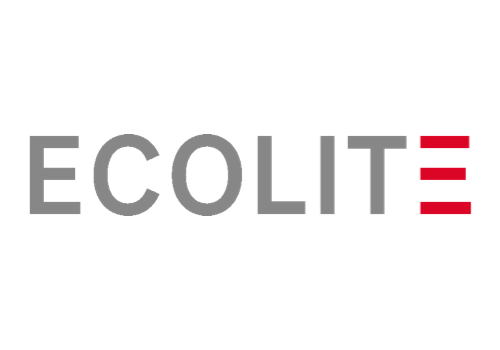
«I personally experienced the collaboration with [dialog]unlocked as extremely professional and excellently structured. The pace of achieving pre-set milestones was well coordinated with the necessary structural adjustments to the company, the specialist knowledge was really convincing, and the end result exceeded my expectations in both qualitative and quantitative terms.»
Samuel Bregenzer, Owner and CEO Ecolite
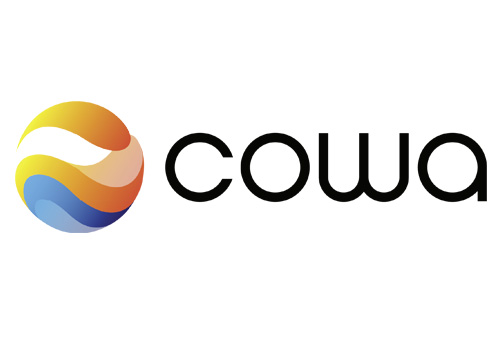
Cowa Thermal Solutions AG, April 2023:
“Marc Seematter from [dialog]unlocked provided highly competent advice and enabled us to implement an attractive employee share plan with minimal effort. His experience of the field is impressive.”
Remo Waser, Co-CEO
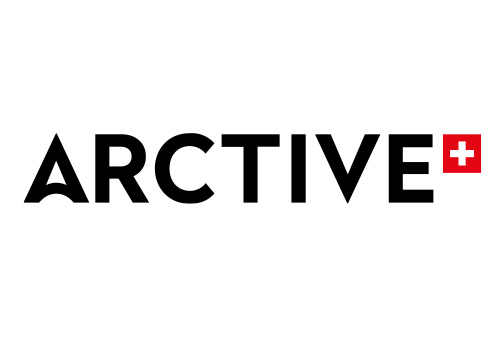
Arctive AG, February 2022:
“I could not have asked for a better partner than [dialog]unlocked for the development of our employee participation programme. Marc considered all aspects in a highly professional, very experienced and focused way, he coordinated authorities, involved parties and stakeholders and duly involved me in every stage of the process. The excellent outcome will help us to remain attractive to the best employees and grow over the long term.”
Christian Tübing, Owner
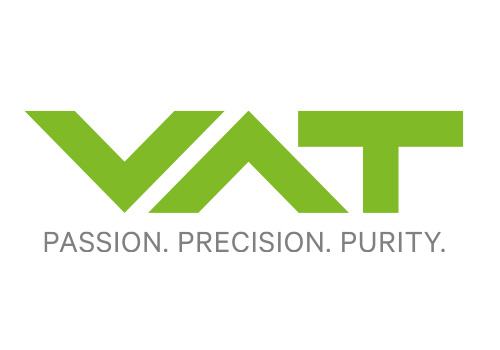
VAT Group, May 2021:
“VAT commits to meeting all regulatory and legal requirements it is faced with. Through engaging [dialog]unlocked, we continue the successful collaboration with Marc Seematter, who provides us expert advice to our complete satisfaction on the tax and legal implementation for our global long-term incentive.”
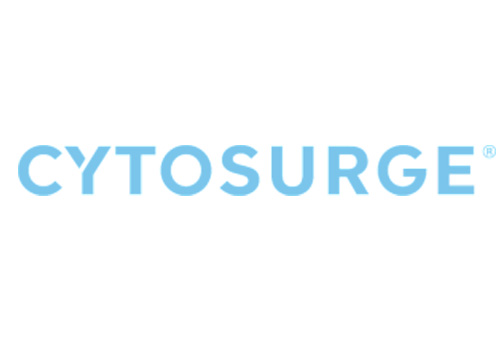
Cytosurge AG, July 2021:
“The cooperation with Marc Seematter and [dialog]unlocked in introducing our new employee participation plan was highly successful – professional, proactive and competent advice, consistent implementation. In short: advice and an outcome to our full satisfaction.”
Lorenz Malär, CFO
Convinced? Start your own employee share plan with [dialog]unlocked.

